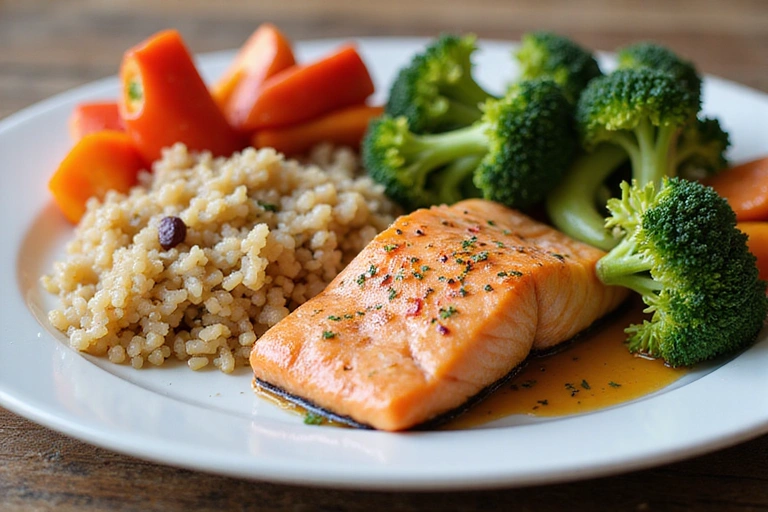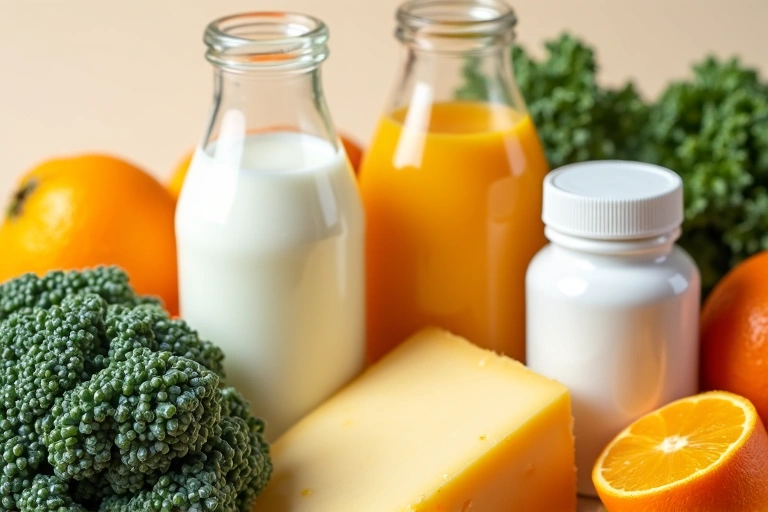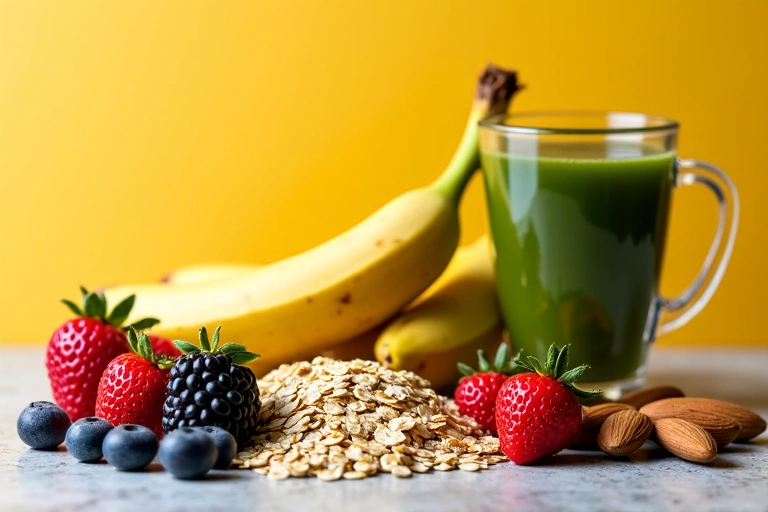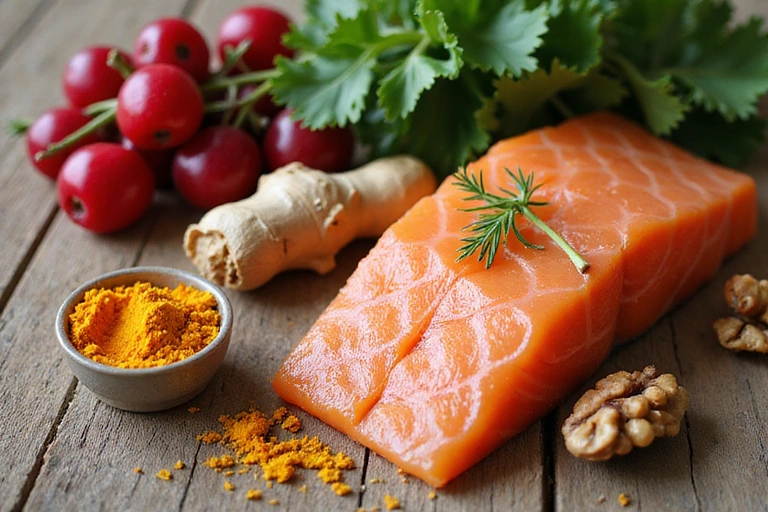
Healthy Eating Basics for Seniors
A balanced diet is the cornerstone of good health at any age, but it becomes particularly important as we get older. Focus on nutrient-dense foods that provide essential vitamins, minerals, and macronutrients without excessive calories. This includes plenty of fruits, vegetables, whole grains, lean proteins, and healthy fats. Hydration is also paramount; often overlooked, adequate water intake supports all bodily functions, from digestion to joint lubrication and temperature regulation. Aim for at least 8 glasses of water daily, more if you are active.

Bone Health: Calcium and Vitamin D Sources
Bone density naturally declines with age, increasing the risk of osteoporosis and fractures. Calcium and Vitamin D are critical for maintaining strong bones. Excellent sources of calcium include dairy products (milk, yogurt, cheese), fortified plant-based milks, leafy green vegetables (kale, collard greens), and fortified cereals. Vitamin D, which helps your body absorb calcium, can be obtained from fatty fish (salmon, mackerel), fortified foods, and sunlight exposure. Consider supplements if dietary intake is insufficient, but always consult with a healthcare professional first.

Energy-Boosting Foods for Seniors
Maintaining energy levels is crucial for staying active and engaged. Complex carbohydrates, like whole grains, oats, and legumes, provide sustained energy release. Lean proteins, found in chicken, fish, beans, and lentils, help stabilize blood sugar and prevent energy crashes. Healthy fats from avocados, nuts, and olive oil contribute to satiety and provide a concentrated source of energy. Don't forget micronutrients; B vitamins, iron, and magnesium are vital for energy production at a cellular level. Prioritize whole, unprocessed foods to keep your energy high throughout the day.

Anti-Inflammatory Diets for Healthy Aging
Chronic inflammation is linked to many age-related diseases, including arthritis, heart disease, and cognitive decline. An anti-inflammatory diet emphasizes foods that combat this process. Key components include omega-3 fatty acids (found in salmon, flaxseeds, walnuts), colorful fruits and vegetables rich in antioxidants (berries, spinach, broccoli), and spices like turmeric and ginger. Limiting processed foods, refined sugars, and unhealthy fats can significantly reduce inflammatory markers in the body, helping you feel better and reduce pain.



